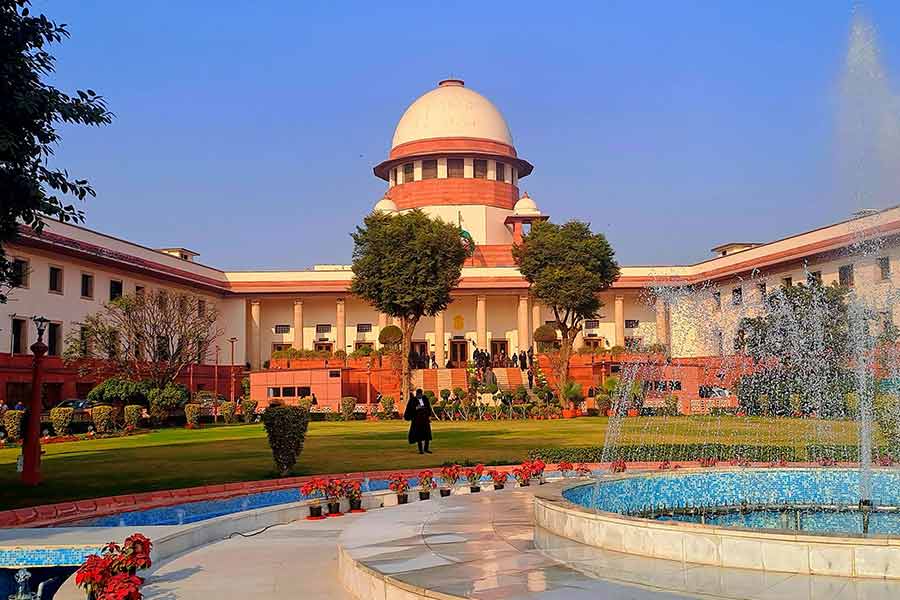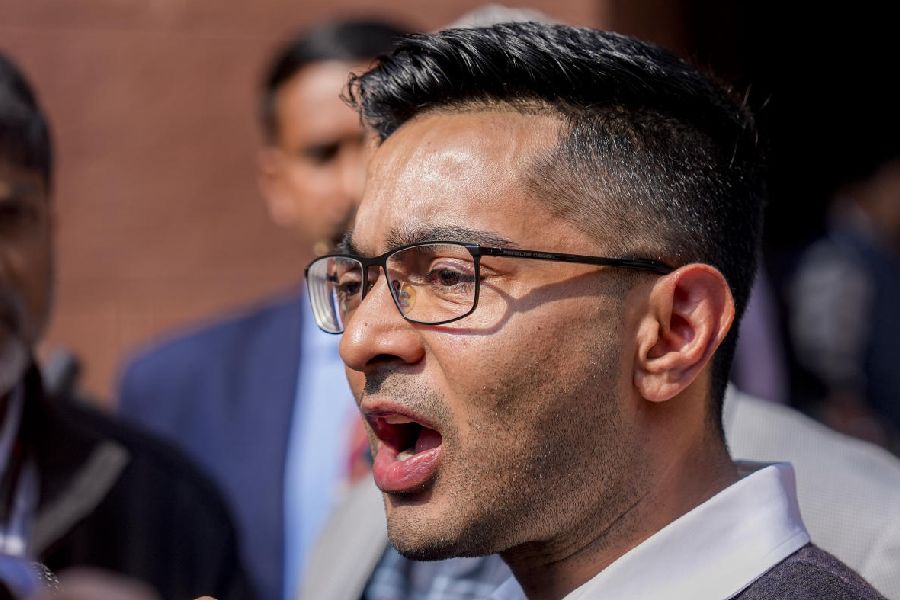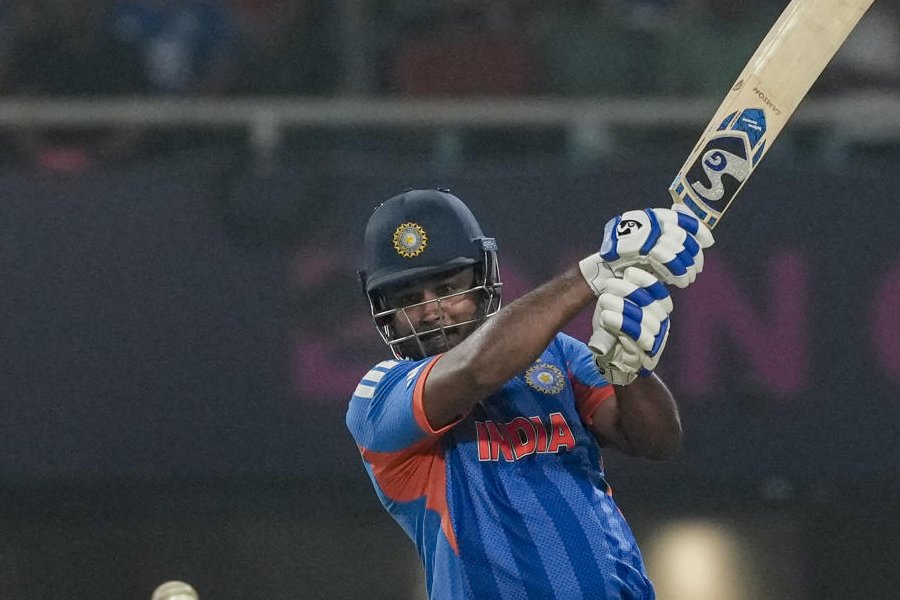The Supreme Court has refused to reduce the sentence of a man accused of axing to death the younger brother of his sister’s alleged rapist, on the ground that the deceased was an innocent person who was trying to bring peace between the families and leniency shown to the accused would cause public confidence in the judiciary to plummet.
“We have taken into account that the appellant was about 20 years of age at the time of the incident and that there may have been some exasperation in his mind. Nevertheless, the courts are obligated to adopt a balanced and principled approach in matters of sentencing.
“Undue leniency can cause public confidence in the justice system to plummet, while excessive severity may lead to injustice,” the apex court said.
A bench of Justices Dipankar Datta and Augustine George Masih passed the judgment while dismissing the appeal of the accused challenging the refusal of Karnataka High Court to reduce the eight-year sentence imposed on him by the high court, which had reduced the 10-year sentence awarded to him by the sessions court.
The sessions court had treated his offence as “culpable homicide not amounting to murder” and not as “murder”, which otherwise would have entailed a minimum punishment of a life term.
According to the prosecution, the first cousin “C” of the appellant had allegedly
been raped by “S’s” (deceased) elder brother “V” . C had given birth to a child too. While V was in custody and facing trial for the rape, the family members of the appellant, including the father of C, insisted that C and V be married off. The parties tried to find a solution a day before, but it proved futile.
On the following day, the family members of C, including the appellant, again stormed the residence of V. An altercation led to a scuffle. S, an innocent person, intervened to bring about peace. At this stage the appellant rushed to a nearby house, picked up an axe and struck a blow on the neck of S, who succumbed to the injury.
By a judgment dated January 18, 2020, the appellant was convicted by a sessions court for culpable homicide not amounting to murder under Section 304 Part-II, Indian Penal Code, and awarded 10 years’ rigorous imprisonment. Karnataka High Court on February 8, 2024, upheld the conviction but reduced the sentence to eight years’ rigorous imprisonment. Not satisfied with it, the accused filed the present appeal.
The apex court said: “In our considered opinion, the appellant might have been deprived of the power of self-control by reason of the alleged act of rape committed by V on C. But there was no such sudden provocation at the place of occurrence which necessitated him to act in the manner he did and cause the death of S.”










